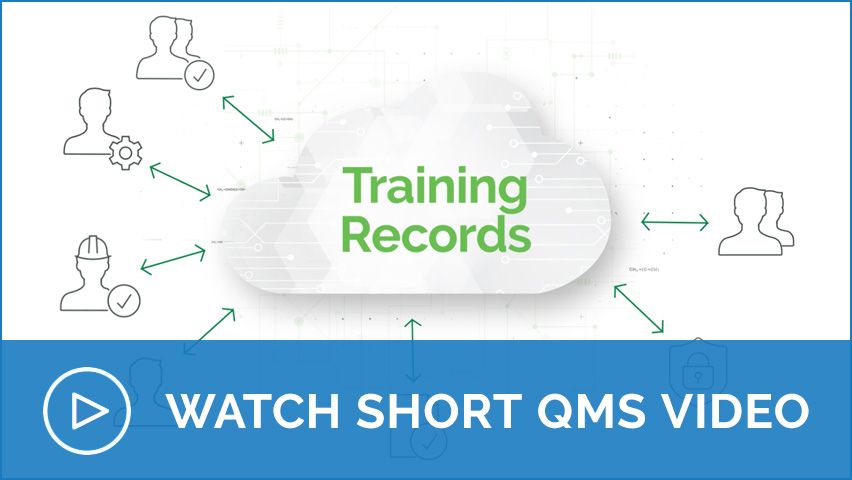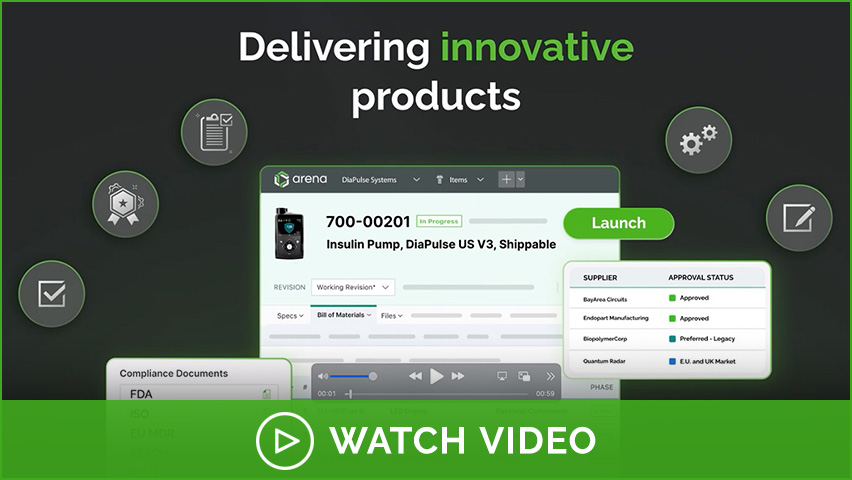Cost-Effectiveness and Resource Optimization
One of the most striking benefits of remote quality audits is their cost-effectiveness. Traditional on-site audits incur large expenses for travel, lodging, and time, which may be especially burdensome for multinational organizations with several operations spread around the globe. Remote audits eliminate most of these expenditures, freeing up staff to focus on other vital parts of quality assurance and operational improvement.
Plus, remote audits decrease the disturbance to everyday operations that on-site audits often cause by allowing staff to continue with their regular workflow during the audit process. This reduces downtime and increases production while also ensuring operational efficiency and compliance.
Enhancing Compliance With QMS
Remote audits provide an effective foundation for firms to continuously assess and improve their QMS. These systems, which are meant to comply with international standards such as ISO 9001 or ISO 13485, are critical to guaranteeing product and service quality that fulfill both customer and regulatory criteria.
Remote auditing solutions enable more frequent and consistent monitoring, which is critical for early discovery of noncompliance and potential areas for improvement. This proactive strategy guarantees that quality management systems are not only compliant, but also in line with best practices for industry-specific standards.
Overcoming Challenges With Advanced Technology
While remote audits have many advantages, they can have drawbacks, such as maintaining the protection of confidential information and overcoming constraints in physical inspection. To meet these issues, cutting-edge technologies are used. For example, virtual reality (VR) and augmented reality (AR) technologies are increasingly being utilized to imitate actual audit environments, giving auditors an immersive experience that can expose faults that standard camera feeds may miss.
Cybersecurity precautions are critical for protecting sensitive information and data sent during remote audits. Encryption, secure access restrictions, and comprehensive IT security rules are critical for protecting information and maintaining audit process integrity.
















